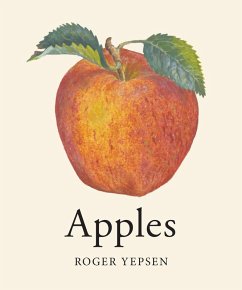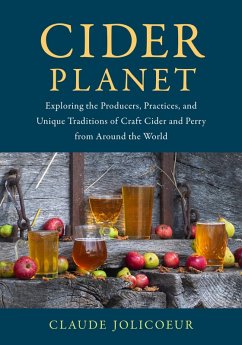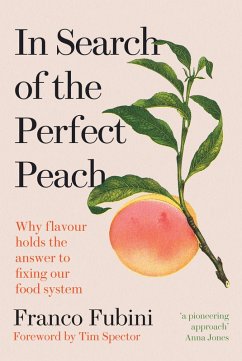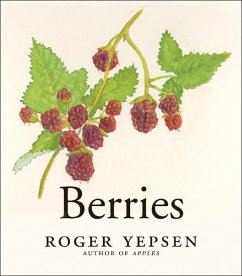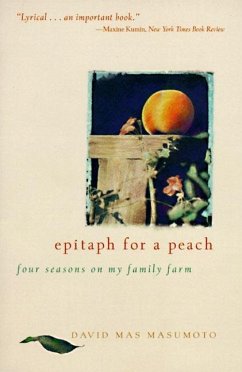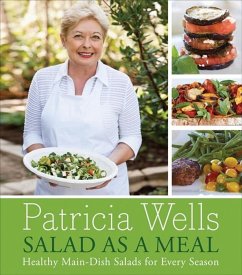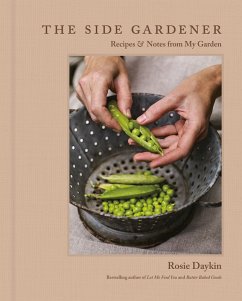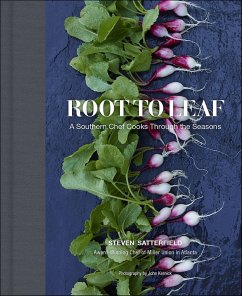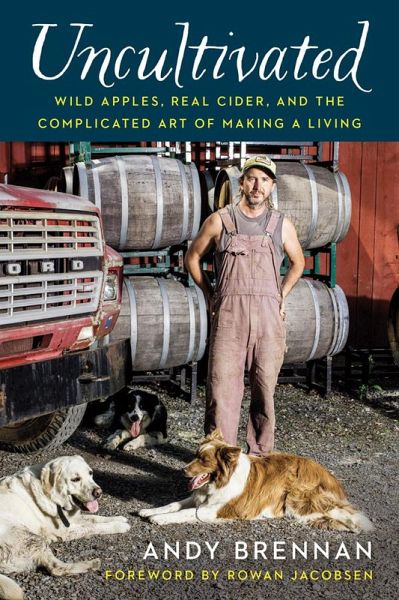
Uncultivated (eBook, ePUB)
Wild Apples, Real Cider, and the Complicated Art of Making a Living

PAYBACK Punkte
7 °P sammeln!
"The best wine book I read this year was not about wine."-Eric Asimov, New York Times Today, food is being reconsidered. It's a front-and-center topic in everything from politics to art, from science to economics. We know now that leaving food to government and industry specialists was one of the twentieth century's greatest mistakes. The question is where do we go from here. Author Andy Brennan describes uncultivation as a process: It involves exploring the wild; recognizing that much of nature is omitted from our conventional ways of seeing and doing things (our cultivations); and realizing ...
"The best wine book I read this year was not about wine."-Eric Asimov, New York Times Today, food is being reconsidered. It's a front-and-center topic in everything from politics to art, from science to economics. We know now that leaving food to government and industry specialists was one of the twentieth century's greatest mistakes. The question is where do we go from here. Author Andy Brennan describes uncultivation as a process: It involves exploring the wild; recognizing that much of nature is omitted from our conventional ways of seeing and doing things (our cultivations); and realizing the advantages to embracing what we've somehow forgotten or ignored. For most of us this process can be difficult, like swimming against the strong current of our modern culture. The hero of this book is the wild apple. Uncultivated follows Brennan's twenty-four-year history with naturalized trees and shows how they have guided him toward successes in agriculture, in the art of cider making, and in creating a small-farm business. The book contains useful information relevant to those particular fields, but is designed to connect the wild to a far greater audience, skillfully blending cultural criticism with a food activist's agenda. Apples rank among the most manipulated crops in the world, because not only do farmers want perfect fruit, they also assume the health of the tree depends on human intervention. Yet wild trees live all around us, and left to their own devices, they achieve different forms of success that modernity fails to apprehend. Andy Brennan learned of the health and taste advantages of such trees, and by emulating nature in his orchard (and in his cider) he has also enjoyed environmental and financial benefits. None of this would be possible by following today's prevailing winds of apple cultivation. In all fields, our cultural perspective is limited by a parallel proclivity. It's not just agriculture: we all must fight tendencies toward specialization, efficiency, linear thought, and predetermined growth. We have cultivated those tendencies at the exclusion of nature's full range. If Uncultivated is about faith in nature, and the power it has to deliver us from our own mistakes, then wild apple trees have already shown us the way. "The book for cider lovers"-New York Times "Andy Brennan is a stubborn, thoughtful original, and his apple memoir is powered by inspiring verve and irreverence. Loving apples or cider is not a prerequisite for loving this book. All that is needed is the willingness to follow a vibrant narrative voice driven by the pursuit of dreams."-Alice Feiring, author of Naked Wine and For the Love of Wine
Dieser Download kann aus rechtlichen Gründen nur mit Rechnungsadresse in A, B, BG, CY, CZ, D, DK, EW, E, FIN, F, GR, HR, H, IRL, I, LT, L, LR, M, NL, PL, P, R, S, SLO, SK ausgeliefert werden.




